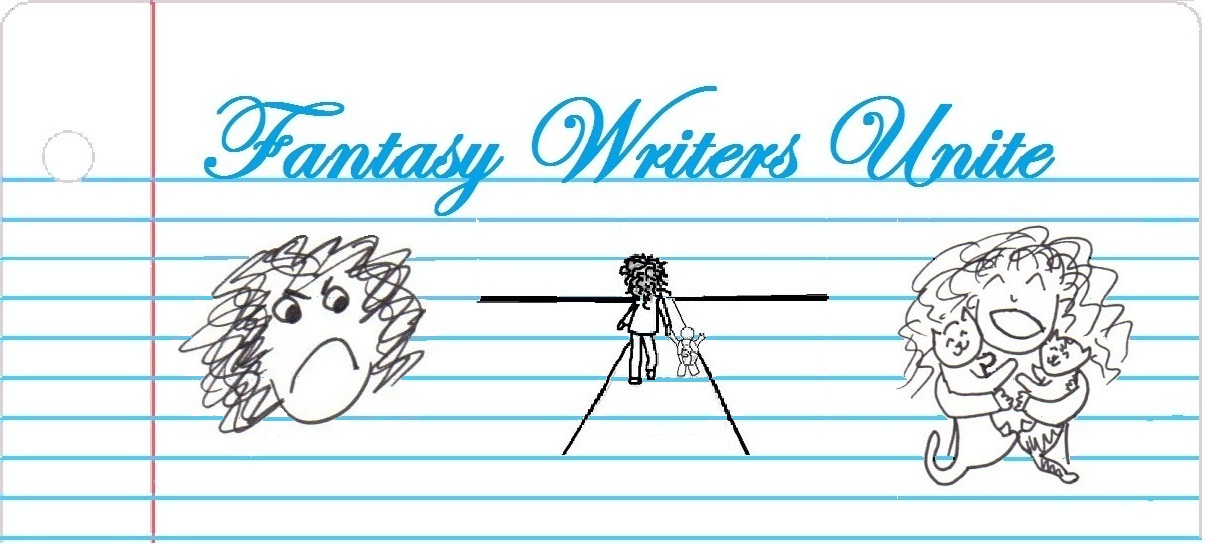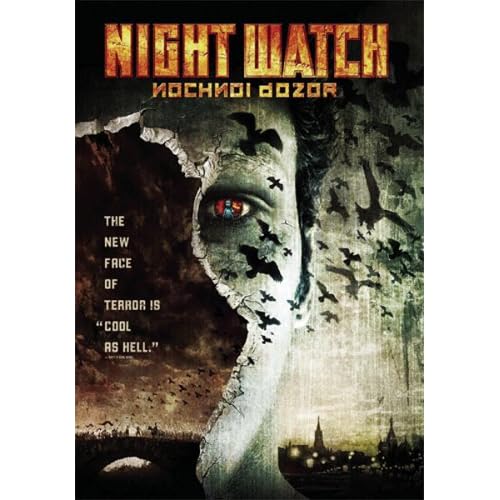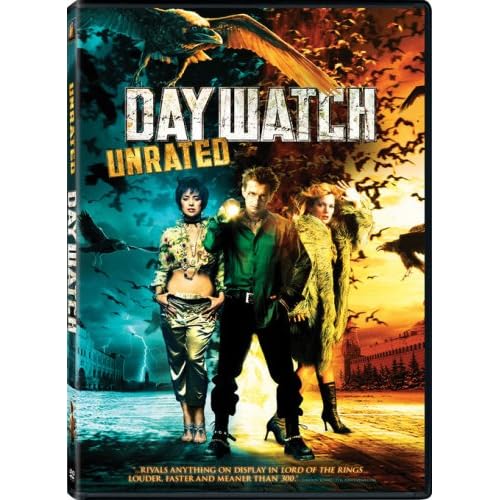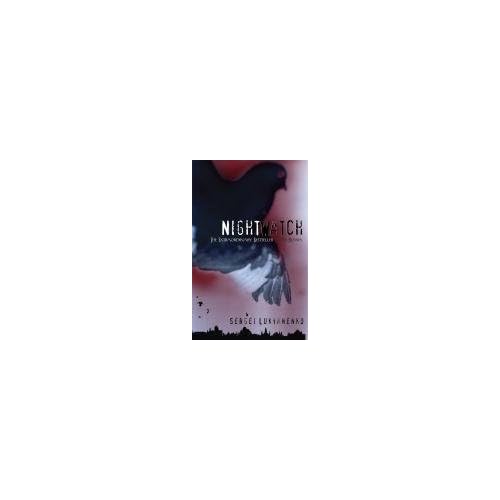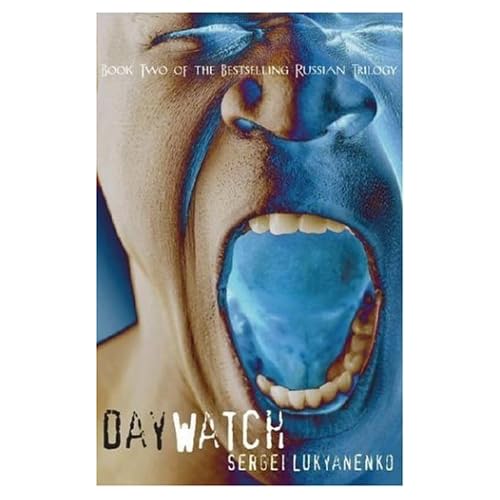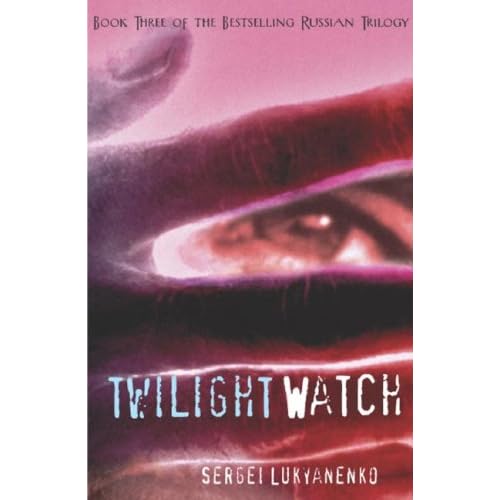Randomly images/ideas come to me. They may be in the form of nightime dreams, or day dreams, I may listen to music, read a book, or see a movie which inspires me. Some how, in my mind, bits of a story form. If these bits create the beginnings of a story that I think has potential/interests me, then I will persue the tale.
Usually, a story will be like a blurry image. I won't know who or why, just what and then my mind goes to work. Here's an example: a scene with two people fighting. Who are these people?What is their back story? Why are they fighting? Who will win? What is there to lose? What is there to gain? How will their own stories change depending on the outcome of the fight? Where will they go afterward?
Once I start working out a story, big plot points will jump out at me and I'll think - this must happen! - and I will work on connecting the dots, getting from point A to point B in the most logical fashion, while keeping in touch with my characters, my world, my limited magic.
As my tales grow, the characters may pull the story into a new direction, that I would not have forseen until they became complete entites with their own wants and needs. But in the end, as the story comes to a close, I just hope I did the original image justice.
Tuesday, May 27, 2008
Wednesday, May 21, 2008
Subgenres of Fantasy
As another good introduction to the world of fantasy/writing fantasy, we must explore the different subgrenres of fantasy. Here are a couple of subgenres that seem to be most popular:






Contemporary Fantasy: A fantasy set in the "real" world and in the story the existence of magic, in an otherwise normal world, is revealed. If a character travels to an alternate world and the magic is revealed/used there, it is NOT considered contemporary fantasy. Like if someone walked up to you today and handed you a magical amulet, your biography (detailing your adventures with this magical amulet) would be considered contemporary fantasy.
Example: Highlander 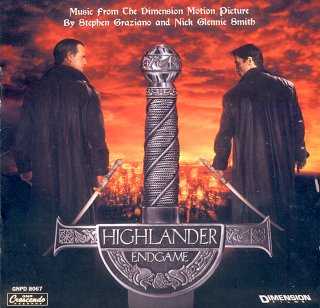

Urban Fantasy: A fantasy set in modern, urban setting. May be considered a subgenre of contemporary fantasy, always set in a city.
Example: Charmed

Dark Fantasy: A fantasy which can be observed as an obvious fantasy but with horror elements.
Example: Anne Rice Vampire Chronicles Series

Fairytale Fantasy: A fantasy that uses characters, plot or other elements from folklore.
Example: American Gods By Neil Gaiman

Heroic Fantasy: A fantasy that always has a hero on a quest; it is part high fantasy and part sword and sorcery.
Example: Lord of the Rings by JRR Tolkien

High Fantasy: A fantasy that shows the epic struggle between good and evil in a fantasy world parallel to our own.
Example: Chronicles of Narnia

Historical Fantasy: A fantasy that is set in the past with fantastical elements OR a fantastical world which parallels our owon with distinct connections to historical places/events/people.
Example: Alvin the Maker Series by Orson Scott Card

Sword and Sorcery Fantasy: A fantasy where main character (usually a warrior) deals with things physically and is more interested in their own self interst than the greater good.
Example: Conan the Barbarian

More subgenres exsist, but as I said, these tend to be most popular, but if you want more please check out wikipedia.com's page on the subgenres of fantasy. (I got a lot of my information from that site.)
Once you have determined the best subgenre for your work to be labeled as (for your own sanity and that of your future publisher), you will have a basic framework to structure your story. While these subgenres may overlap, only one will be your main genre (per piece, you may work with many genres and subgenres over your entire lifetime).
Overall, as a writer of fantasy, you need to have an understanding of these subgenres because publishers will ask which type of fantasy you write and because it limits what is possible in your story/guides the plot, conflict, character creation and world creation of your stories. This knowledge will also be helpful as we explore more elements of writing in upcoming posts.
Overall, as a writer of fantasy, you need to have an understanding of these subgenres because publishers will ask which type of fantasy you write and because it limits what is possible in your story/guides the plot, conflict, character creation and world creation of your stories. This knowledge will also be helpful as we explore more elements of writing in upcoming posts.
Thursday, May 15, 2008
Writing Fantasy 101
To write anything you need to know the basics of a story such as characters, dialogue, plot and conflict. You may not be skilled in all of these areas, but we'll assume you can grasp them well enough to formulate a story. When taking those elements and fashioning them into a fantasy, many new elements will be included, unique touches which take your tale away from other genres and place it into the realm of fantasy. One such element that does this is magic (not actual magic, but the presence of magic in your story).
Magic is key, it is the heart which beats inside most fantasy novels. If there wasn't magic present, most plot points wouldn't exist, a lot of characters wouldn't be created, the story wouldn't be the story if you took away the element of magic. If the wardrobe wasn't enchanted, the children would never have made it to Narnia and therefore, there would have been no tale of the Lion and the Witch.
Now, as you are creating your magical world, you must be controlled. A story where anything is possible is not a very interesting story. Your characters must still be flawed and your conflicts must still be challenging - even seemingly impossible to overcome.
I remember being a child and playing make believe with kids at school. Often we ran into a situation where we would try to one up one another with our superhero/supervillain abilities until it came to a point where we had unlimited powers. Our battle was a draw and no one wanted to play anymore. This will happen to readers if your magic is limitless, they won't want to read your story anymore.
So when writing fantasy: make your magic unique, but keep it controlled.
Magic is key, it is the heart which beats inside most fantasy novels. If there wasn't magic present, most plot points wouldn't exist, a lot of characters wouldn't be created, the story wouldn't be the story if you took away the element of magic. If the wardrobe wasn't enchanted, the children would never have made it to Narnia and therefore, there would have been no tale of the Lion and the Witch.
Now, as you are creating your magical world, you must be controlled. A story where anything is possible is not a very interesting story. Your characters must still be flawed and your conflicts must still be challenging - even seemingly impossible to overcome.
I remember being a child and playing make believe with kids at school. Often we ran into a situation where we would try to one up one another with our superhero/supervillain abilities until it came to a point where we had unlimited powers. Our battle was a draw and no one wanted to play anymore. This will happen to readers if your magic is limitless, they won't want to read your story anymore.
So when writing fantasy: make your magic unique, but keep it controlled.
Tuesday, May 6, 2008
Fantasy Pick
I decided it was time to break from the norm and post a fantasy pick of mine. This is a series I can’t stop raving about. I first came across the movie version of Night Watch, and loved it.
Soon there after I watched the sequel Day Watch:
And I found the book series which includes:
Night Watch
Twilight Watch
and the fore-coming Last Watch (no cover art on amazon yet).
Click Here To See It At Amazon.com
This entire series is an enchanting portrayal of current Russia and a group of people with super human abilities. These "others" have to choose if they will work on the side of light or the side of darkness, and the "watches" have been established to patrol the opposing side. The writing is well done (even after the translation) and the characters, magical powers and the entire basic concept of the plot is intriguing. Then, to see where the author takes the characters, which conflicts he creates and the interesting interplay between staff and boss, light and dark, makes for a beautiful interpretation of a fantasy world that could exist without any of us knowing. If you're looking for a good fantasy read, check this series out.
Subscribe to:
Posts (Atom)
